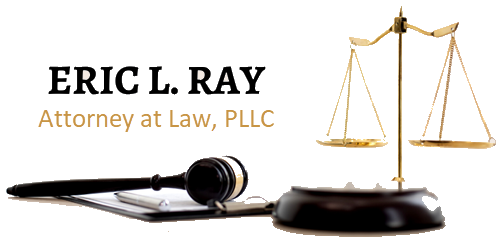A commonly held belief is that if you have nothing to hide, you should not be afraid to answer questions. This leads people to doubt the innocence of someone who is not willing to testify at their own trial. I have heard people say “If I was charged with a crime, I would testify to clear my own name.”, which sounds a lot better than it works out in real life. Whether it is true or not, you always hear that the number one fear of Americans is public speaking. Which is easy to believe, because most people have little to no experience in public speaking. Even though it sounds simple, speaking in front of a group of strangers can be a daunting task. My favorite example is the best man that decides he will just speak from the heart during his speech and then freezes when he gets in front of everyone. Now imagine that instead of only having to give a simple speech that the person is having to explain their innocence to a group of strangers. The fact is that most people cannot handle delivering a pre-written speech, much less being grilled by someone whose job is to think of questions to trip you up and confuse you. When preparing for a trial, attorneys will practice cross-examining their client to see how they stand up to difficult questions. Often, clients are ill prepared to handle hard questioning and end up sounding confused or unsure. At that point, it is our job to advise our client to invoke his right to remain silent and not testify at trial.
The second reason a client may not testify is that the jury may then expect them to prove their innocence. Our criminal system is built on the principle that the burden of proof is on the government, which means that the defendant is not expected to prove that they are innocent. The reason for that is it can be very difficult to prove that you did not do something. If you are accused of robbing a bank and you do not have proof of where you were that day, how can you prove to someone where you were? By choosing to testify, a defendant opens themselves up to the expectation that they must show they are innocent. Once again, an attorney will advise this client to remain silent and not testify.

Recent Comments